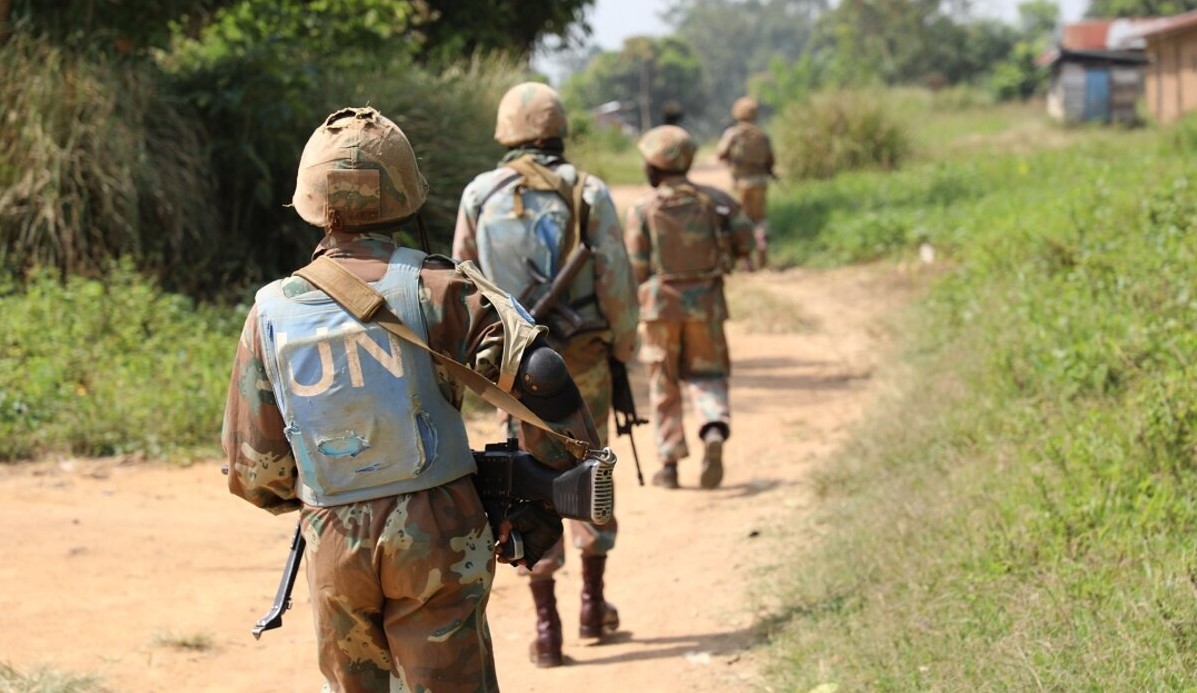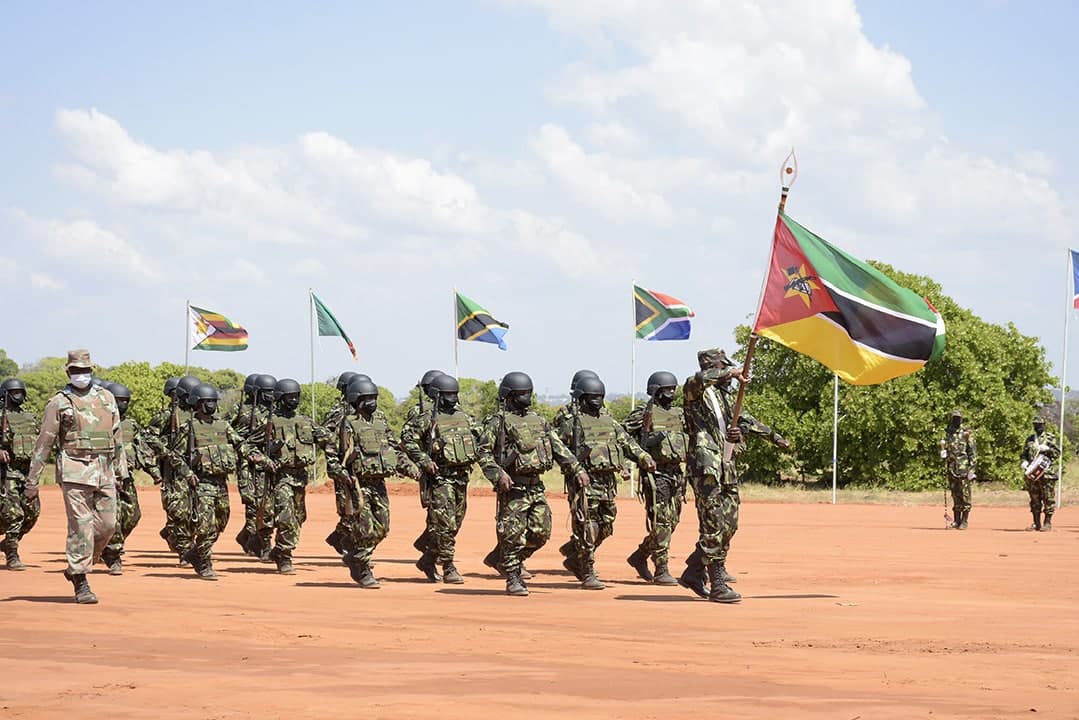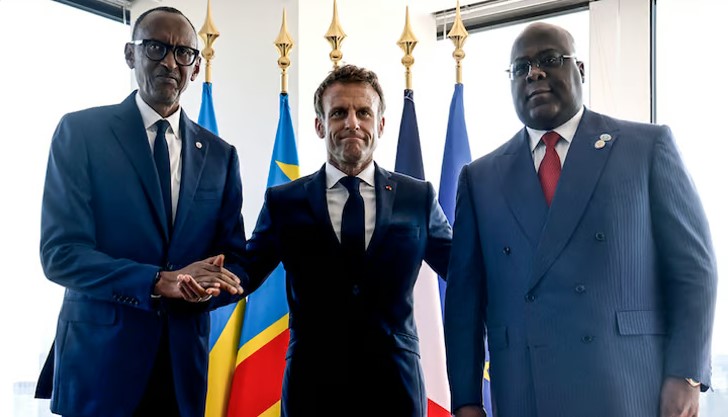What’s Happening
As the President of the Democratic Republic of the Congo (DRC), Felix Tshisekedi, seeks to form a new government he has named the nations’ very first female Prime Minister. Judith Suminwa Tuluka has been appointed and inaugurated on April 1st, marking progress for the nation. Gender equality within politics was one of President Tshisekedi’s many campaign promises, promises which won him re-election in the DRC’s December 20th 2023 election.
Following the election, President Tshisekedi’s former Prime Minister, Jean-Michel Sama Lukonde, resigned. The former PM resigned as he was elected as a member of parliament (MP) in the recent elections. The DRC’s law states that an active parliamentary legislator cannot also be an active minister, prompting him to resign as he chose to remain as an MP rather than as PM.

Along with Lukonde’s resignation came the resignation of a number of other ministers, as well as the dissolution of the government. President Tshisekedi was thus tasked with forming a new government, a task which he has yet to complete. The government was dissolved in late February, and the process of completely forming a new government is likely to be a long one.
Promises of the PM
In her inauguration speech, which was aired on state television, the new PM promised to prioritize peace efforts within the nations tumultuous east, giving herself a difficult task as violence continues to escalate.
Within the North and South Kivu provinces, as well as the Ituri province, there are over 120 different armed groups that operate, groups that the DRC’s government has been struggling to pacify. The PM expressed concern for the civilians caught amongst the violence there, and committed to finding solutions to it.
Ending the violence in the DRC’s east was another large campaign promise of President Tshisekedi’s, as it was on his initial election in December of 2019.
However the violence, which has been essentially non-stop since the early 1990’s, has proven incredibly difficult to halt.
A Long History
President Tshisekedi himself has attempted to bring in a number of international entities in order to assist, to no avail.
He has ordered that the UN leave the nation, due both to the DRC’s view that the UN has been unable to meaningfully halt violence, as well as a general anti-UN sentiment amongst the population (for many of the same reasons). As such, the UN who has been in the DRC for approximately 25 years is on their way out of the country, due to leave by the end of 2024.

The East African Community (EAC) suffered a similar fate, having deployed into the DRC as the East African Community Regional Force at the end of 2022 and then exited the nation by the end of 2023. The DRC had approved their deployment in order to assist in the maintaining of established peace agreements, as well as to assist the DRC in operations against a number of the armed groups operating there.
However, the DRC accused the EACRF of instead colluding with rebel groups as the EACRF took a peacekeeping approach to operations in the area, largely occupying regions which rebel groups, primarily the M23 rebels, had withdrawn from as a part of peace processes and ceasefire terms.
As such, the DRC did not renew their mandate, as the EACRF did not take an aggressive enough approach to combatting the rebel groups that the DRC’s government had wanted.
Following the departure of the EACRF, the Southern African Development Community (SADC) has taken their place. The SADC began operations against the M23 with the DRC in mid-January, assassinating two M23 commanders through a drone strike. Despite the DRC and SADC starting off on the offensive, they have since been forced to the defensive as the M23 launched counter attacks, pushing the DRC/SADC defenders (and aligned militias) back in a number of areas.

Amidst the M23’s offensive, the North Kivu capital of Goma, has come under threat. Since early February combat has been ongoing around the town of Sake. Sake lies on the last remaining road to Goma which is still controlled by the DRC, giving it a high level of importance.
The combat has effectively locked down the road, and is threatening to completely sever the DRC’s access to Goma, a city of two million people. The M23 has insisted they do not intend to capture the city, however the M23’s capture of the city in 2012 and near capture in 2022 is still fresh on everyone’s minds.
The DRC has continually accused Rwanda, another EAC country, of supporting the M23. The DRC’s allegations are joined by that of the UN, the US, France, and the UK. Rwanda has continually denied the allegations, despite acclaimed evidence by the UN and other bodies. Rwanda’s support of the M23 has escalated recently, with the UN claiming to have spotted a Rwandan Surface to Air missile system within the hands of the M23 after it fired upon a UN observation drone.
Since fighting re-ignited in January, several hundred thousand civilians have been displaced. Along with Goma’s two million population is several hundred thousand people who reside in internally displaced persons camps outside of the city, in rather dire conditions.
President Tshisekedi and Rwandan President Paul Kagame are due to meet soon in order to discuss tensions between the two nations. Another campaign promise of President Tshisekedi was to declare war on Rwanda if the alleged support persisted, a promise the President has since walked back on, instead saying he will support peace efforts.

Rwanda has matched the DRC’s allegations with their own, accusing the DRC of co-operating with the Democratic Forces for the Liberation of Rwanda (FDLR), a militant group also in the eastern DRC that was formed primarily out of former genocidaires from the Rwandan genocide. The DRC has denied these accusations
The UN, and the other international entities which have accused Rwanda of supporting the M23, have also accused the DRC of co-operating with the FDLR, affirming both nations’ accusations.
The Road Ahead
While PM Tuluka’s appointment represents a historic moment for the DRC, her appointment also comes amidst a time of particular instability, posing massive challenges for her premiership.
Solving the DRC’s instability is a task that many have tried and failed. When the SADC deployed, doubts were raised as to their ability to effectively fight against the M23, the largest and most prevalent of the armed groups in the eastern DRC. The UN has said that in order to effectively fight against the M23, extensive air support is needed, something which the SADC does not have.
The road ahead for any attempt PM Tuluka will make to end instability in the east is likely to be a difficult one.


